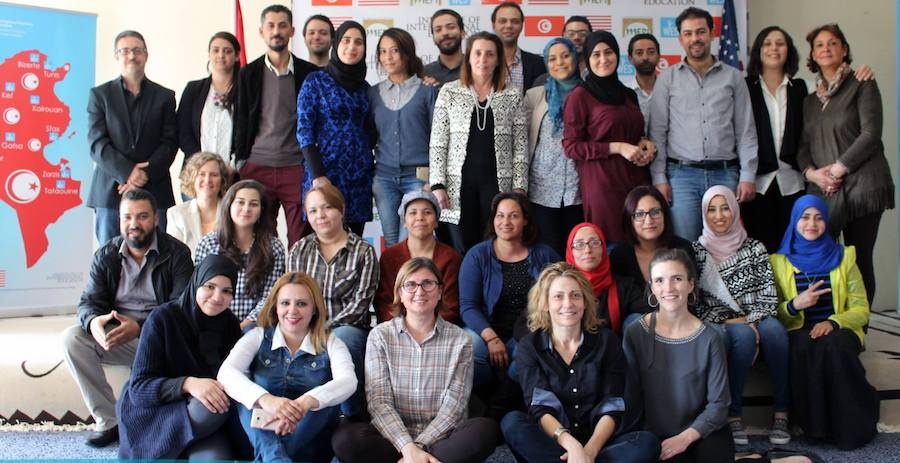Two thirds of women-led startups fail in Tunisia, report

Only a third of startups founded by women in Tunisia will survive compared to over two-thirds of those by men, a new study shows.
The Women Entrepreneurship: priorities and opportunities between regional and national report indicates of entrepreneurs aged between 25 to 44, 30 percent of startups founded by women succeeded whereas the survival rate for those founded by men was 70 percent.
The report, which has been published for the last four years, looked at the record of women in business and denounced a culture of boosting entrepreneurship without implementing a legal framework first.
The diversity of development sectors in the regions could be a real potential for women entrepreneurs.
"We have a lot of women who set up projects in the agricultural sector but also in IOT," said Sarra Bedhief, who works at Women’s Enterprise for Sustainability (WES) in Le Kef city.

It’s not always what you think
The report shows that stereotypes around women in the business world are not always the expected ones.
"The problem of these women who have started their business is not necessarily the distribution of time between work and home because the entrepreneur woman is the master of her time and knows how to manage that,” Gargouri said. “The prejudices are rather to believe that the female entrepreneur in the region is still only a craftswoman, victim of her social situation, while there are many educated women carrying ideas of business.”
Gargouri, who was involved in writing the report, said young graduates must be given a new perspective on work and entrepreneurship.
“Instead of saying 'look for a job that is adapted to having children', we must say 'create your job',” she said.
Yet it is women who often find it difficult to grow a small, single-owner business. The report says this is due to psychological barriers such as the idea that they are not capable of growing or the conservative background they come from, and a lack of risk taking by banks when it comes to large loans or large investments, which the report said was a bigger problem for women entrepreneurs than for men.
Unreliable statistics
There’s a lack of reliable statistics on female entrepreneurship in Tunisia. According to the report, which quotes figures from the National Institute of Statistics, there were almost 680,241 companies in Tunisia in 2014-2015, but there is no indication how many were led or founded by a woman.
A study by the Ministry of Women used by the report authors suggest 55,000 enterprises were run by women in 2015, or about 8 percent of Tunisian companies. Two thirds of university graduates are women.
"It is true that there is a women's business chamber, but they have had the same heads for years and there are no updated figures on women's entrepreneurship. It is a hidden phenomenon. It has only been discussed for a few years now," said Chéma Gargouri, director of the Institute of International Education in Tunisia.

Some problems aren’t gender biased
Some difficulties are faced by men and women alike.
“When you go to certain areas of Tunisia, it lacks of basic infrastructure to even think of creating or dreaming of a company. We must change the legal framework because there are opportunities,” Gargouri said.
The report states that business startups in regions are generally not provoked by a good idea, but rather in reaction to boredom, unemployment, or lack of opportunities. Female entrepreneurship is often created because of poverty, which may explain the lack of ambition to scale because the company was mostly created out of the need to survive.
The report said that frustrations, such as administrative delays or lack of basic infrastructure, kills entrepreneurial initiative and ends up being a "western response" to "find an occupation" for unemployed youth.
"We have noted that the Tunisian government receives a lot of foreign financing to create entrepreneurship and to help launching a business, but after a while, it is necessary to stop creating where there is no sustainability,” Gargouri said.
The report encourages the creation of entrepreneurs and an entrepreneurship culture that "emerge in the regions to grow towards the national and the international".
Entities such as WES are trying to lay the groundwork for greater involvement by women in the business world. In their case, they help women entrepreneurs in order to develop rural areas.
Feature image via WES


